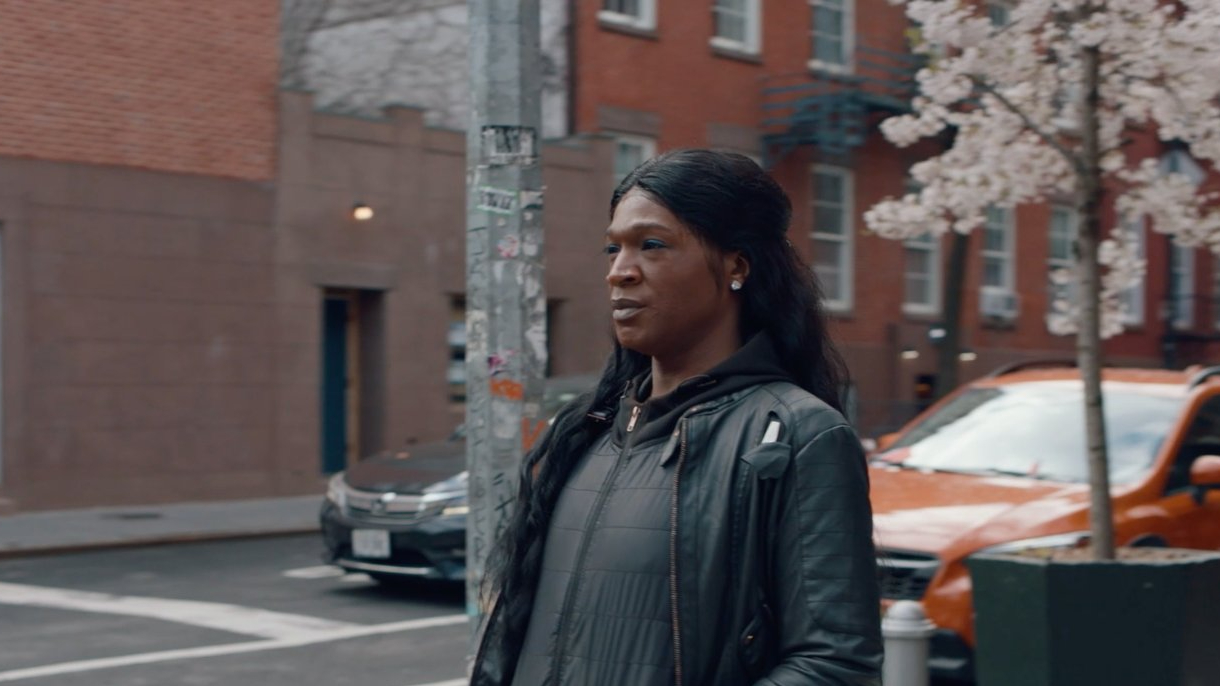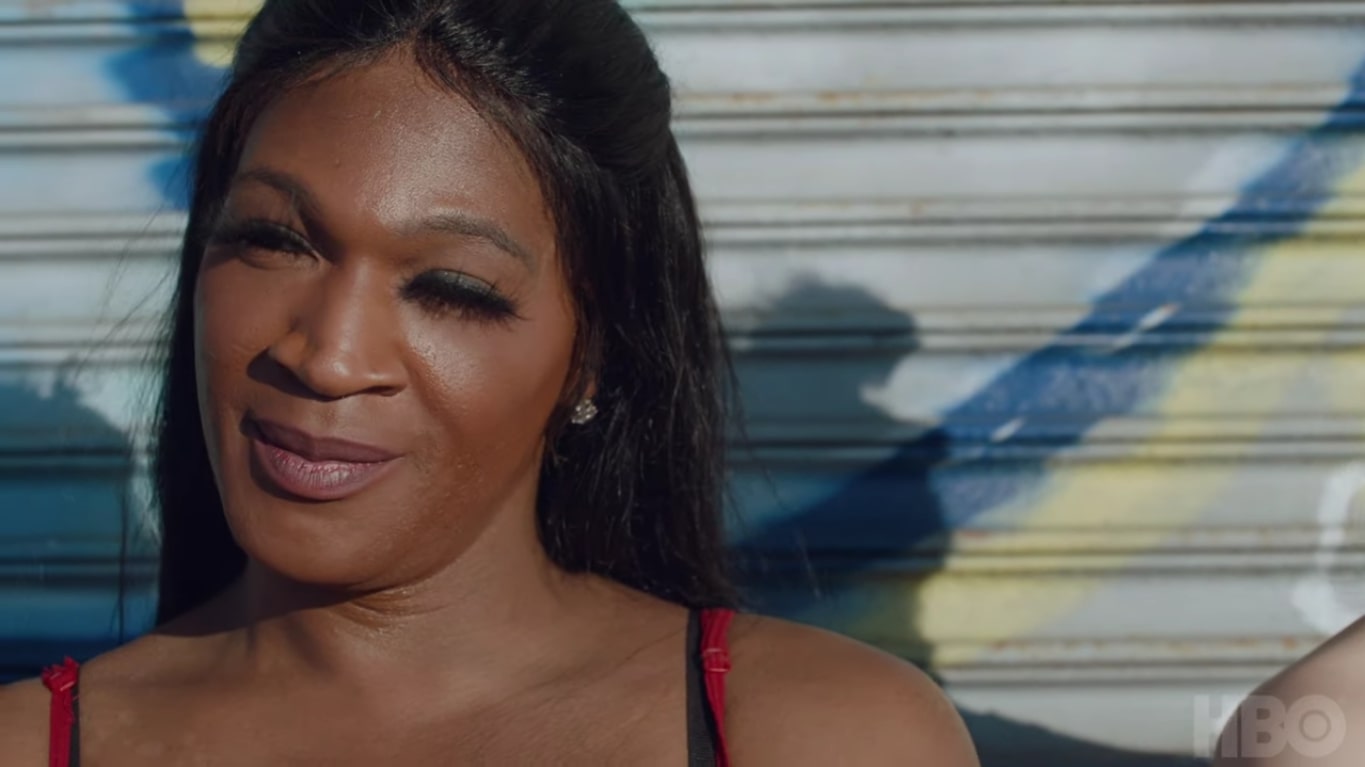With HBO’s ‘The Stroll’ delving deep into the history of New York’s Meatpacking District through the eyes of the trans sex workers who once lived there, we get a documentary unlike any other. After all, it’s a story of change, human rights, strength, and survival, especially as it underscores the violence, policing, as well as gentrification that actually drove the trans rights movement. So now, if you simply wish to learn more about the brains behind this incredibly poignant production — streetwalker turned filmmaker Kristen Lovell — we’ve got every necessary detail for you.
Who is Kristen Lovell?
It was ostensibly back when Kristen was a mere teenager that she left home for New York City to live as her true self, unaware of the fact she’d soon be left with almost zero career opportunities. The truth is she actually lost her job at a local coffee shop once she began her transition at the age of 15, leading her right to The Strolll (14th Street), around the corner from her homeless shelter. She thus started actively engaging in sex work to make a living — admittedly her “only means of survival in a society” — but she surprisingly also found her passion for filmmaking through it.

“The first time I picked up the camera, I was on the stroll,” Kristen once revealed. “I was the only Black trans woman in our cohort of young people, so I would tell them about what was going on on 14th Street.” The footage of this period has sadly been misplaced over time, yet this brave youngster gradually managed to open several doors for herself by continuing to document her experiences. She actually did so with the help of a personal video camera she’d bought from the combination of her savings and some of the funds she received upon aging out of the youth housing program.
In Kristen’s own words, since she used to capture the essence of all she endured, whether it be the sex work, discrimination, or camaraderie she shared with fellow streetwalkers, she wanted ‘The Stroll’ to signify it too. “As queer and trans people, we were being discriminated against… we were the outcasts and the black sheep,” she recently told The Queer Review. “We weren’t even supposed to be going out at night, but we weren’t getting job opportunities at the time… I would work as an intern at a nonprofit, but meanwhile maintaining sex work to pay the rent. So it was a juggle and they made it as difficult as possible, but we persevered through all that.”

Kristen was admittedly arrested a few times owing to her primary career, yet she was able to keep a steady head at every step of the way by constantly reminding herself of her true passion. Therefore, once she started being approached by entertainment professionals to either be a documentary subject or an actress, she grew convinced it was time to share her story with the world too. The fact she’d continued serving in the nonprofit sector despite also dabbling in substances on the streets had further pushed her to make the professional jump and clean up her act for good.
Kristen Lovell is a Celebrated Filmmaker Today
Kristen eventually came across youth activist as well as filmmaker Zackary Drucker in her search to make her dream a reality, just for them to quickly click and realize they could achieve wonders together. That’s how ‘The Stroll’ came to be; however, neither of them ever expected they’d win the special jury award “for clarity of vision” upon debuting their documentary film at the 2023 Sundance Film Festival. Kristen has since stated, “It’s surreal and crazy to me, but I’m taking it in my stride, day by day, and I am completely humbled and honored by all of the recognition for the film.”
As for the reason this New York-based co-director and advocate actually wanted to make ‘The Stroll,’ apart from reclaiming a part of herself she’d lost with the gentrification of 14th Street, its historical representation. “I did it for this generation that’s coming up now that still do not have a broad sense of their history as a people,” she said. “I know I didn’t when I was coming up. I had to research and learn all of this stuff — the different types of trans people in different cultures.”
Kristen added, “We’re a resilient community that perseveres through any adversity that’s thrown at us. The world was a different place 20 years ago. Right? I thought I’d seen the worst of it then. But I don’t live in fear. I don’t let legislation and politicians dictate my happiness. You know what I mean? They can throw me in a jail cell. They can tell me that I’m not a woman or not a woman enough. But it’s not going to stop who I am.”
Read More: The Stroll: Where Are They Now?


You must be logged in to post a comment.